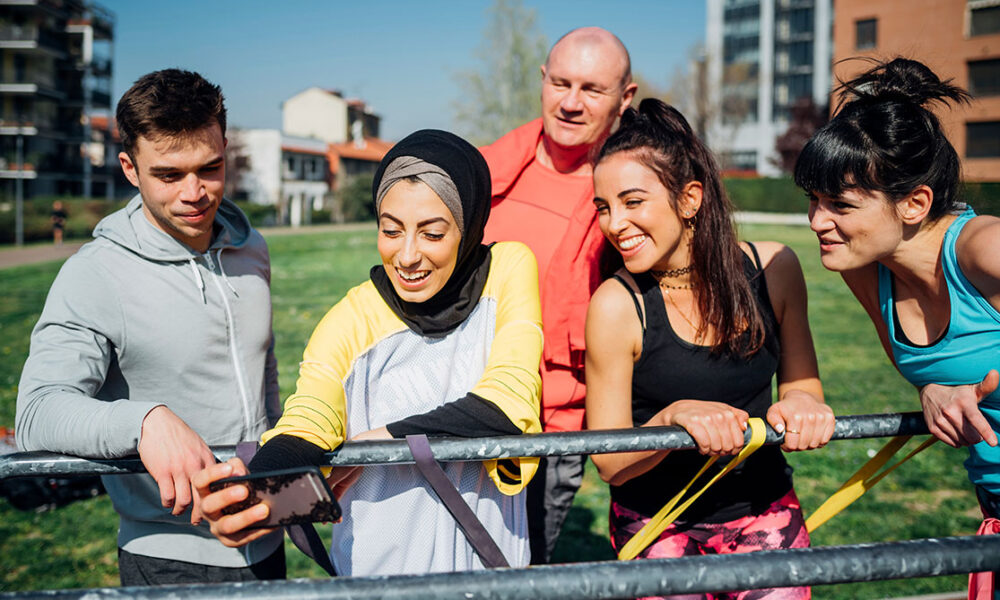Group and centre-based activities are a fundamental part of the support services provided under the National Disability Insurance Scheme (NDIS). These activities offer participants the opportunity to engage in meaningful social interactions, develop new skills, and enjoy a sense of community. Whether it’s through organised programs or casual gatherings, group and centre-based activities play a crucial role in enhancing the quality of life for individuals with disabilities. In this article, we’ll explore the many benefits of these activities and why they are an essential part of a well-rounded care plan.
Building Social Connections
One of the primary benefits of group and centre-based activities is the opportunity to build social connections. Many individuals with disabilities face social isolation due to various barriers, such as limited mobility, communication challenges, or a lack of accessible community spaces. Participating in group activities allows individuals to interact with others who share similar experiences and interests, fostering a sense of belonging and camaraderie.
These social connections are vital for mental and emotional well-being. They provide a support network where participants can share their thoughts, feelings, and experiences, knowing that they are not alone in their journey. Over time, these relationships can develop into lasting friendships, offering ongoing emotional support and companionship.
Developing New Skills
Group and centre-based activities are designed to be both enjoyable and educational, providing participants with the opportunity to learn new skills in a supportive environment. Whether it’s through art classes, cooking workshops, or recreational sports, these activities encourage participants to try new things and discover their talents.
Skill development is not just about learning practical abilities; it’s also about building confidence and self-esteem. When participants successfully engage in new activities, they gain a sense of accomplishment and pride in their abilities. This, in turn, motivates them to continue learning and exploring new interests.
For some participants, the skills learned in group and centre-based activities can also lead to further opportunities, such as employment or volunteer work. By building on these skills, individuals can achieve greater independence and participate more fully in their communities.
Promoting Physical and Mental Well-being
Regular participation in group and centre-based activities can have a positive impact on both physical and mental health. Physical activities, such as dancing, yoga, or team sports, help participants stay active and improve their fitness levels. These activities are often adapted to meet the needs of individuals with varying abilities, ensuring that everyone can participate and benefit.
In addition to physical health, group activities also support mental well-being. Engaging in creative pursuits like painting, music, or drama can be therapeutic, allowing participants to express themselves and process their emotions. The social aspect of these activities also reduces feelings of loneliness and depression, contributing to overall mental health.
Encouraging Community Participation
Group and centre-based activities often extend beyond the walls of the centre, encouraging participants to engage with the broader community. This might involve outings to local parks, museums, or events, where participants can experience new environments and interact with different people.
Community participation is a key element of inclusion, helping individuals with disabilities to feel more connected to their communities. By taking part in these activities, participants gain confidence in navigating public spaces and interacting with others, breaking down barriers that might otherwise limit their involvement in community life.
Tailored to Individual Needs
One of the strengths of group and centre-based activities is their flexibility. Activities can be tailored to meet the specific needs, preferences, and goals of each participant. Whether someone is interested in arts and crafts, sports, or social gatherings, there is likely to be a group or program that suits their interests.
Support workers and facilitators play a crucial role in ensuring that these activities are inclusive and accessible. They work closely with participants to understand their needs and make any necessary adjustments, whether that involves providing additional support, modifying the activity, or creating a safe and welcoming environment.
Creating a Sense of Routine and Stability
For many individuals with disabilities, having a regular routine can provide a sense of stability and predictability. Group and centre-based activities often follow a structured schedule, giving participants something to look forward to each week. This routine can be particularly beneficial for individuals with autism or other conditions that thrive on consistency.
Having a regular schedule of activities helps participants develop time management skills and provides a framework for their week. It also gives them the opportunity to establish a sense of normalcy, contributing to their overall sense of well-being.
Group and centre-based activities are more than just a way to pass the time; they are an essential part of the holistic care provided under the NDIS. These activities offer numerous benefits, from building social connections and developing new skills to promoting physical and mental well-being. By participating in these activities, individuals with disabilities can enhance their quality of life, gain greater independence, and feel more connected to their communities.
At Summit Care Services, we are committed to providing a wide range of group and centre-based activities that cater to the diverse interests and needs of our participants. Our goal is to create a supportive and inclusive environment where everyone can thrive and enjoy a fulfilling life.




